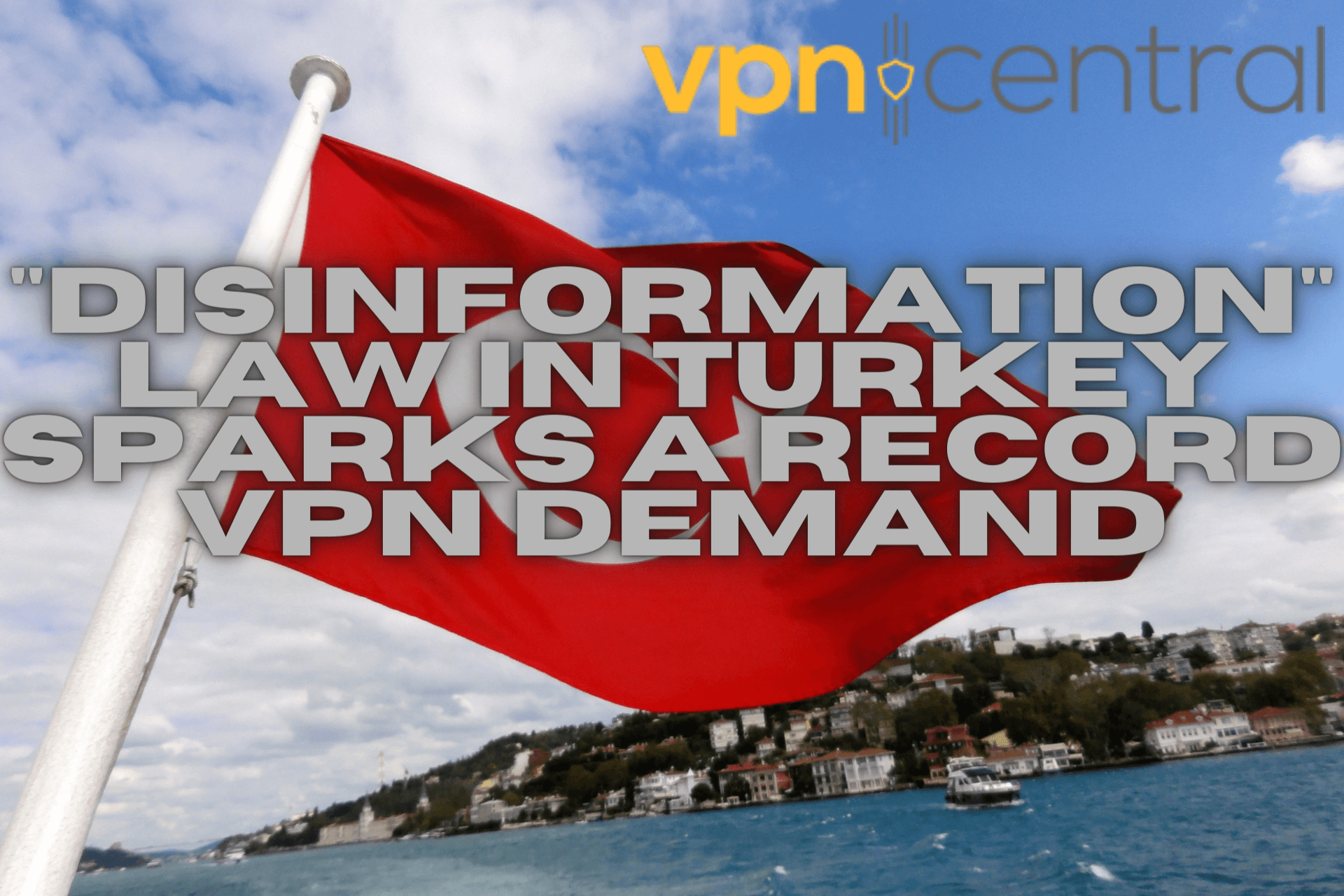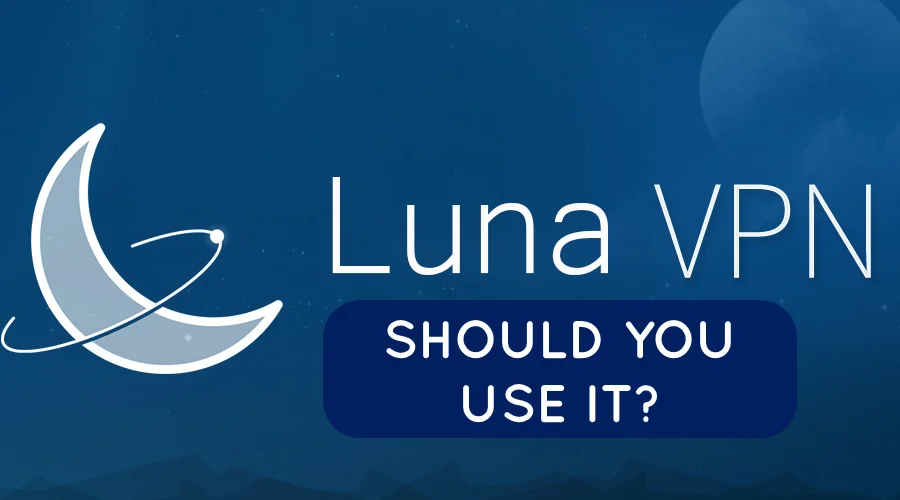"Disinformation" Law in Turkey Sparks a Record VPN Demand
3 min. read
Updated on
Read our disclosure page to find out how can you help VPNCentral sustain the editorial team Read more

Following the announcement of Turkey’s new media law, the term VPN saw a 12-month record in online searches in the country. The same goes for the query internet censorship circumvention, which showed a spike of 250% compared to the last 12 months.
Data on the actual adoption of VPNs in Turkey shows that nearly a quarter of the population used such services last year – almost double the figure from 2020.
However, restrictions might be getting tighter as the number dropped to less than 9% in the first half of 2022.
Furthermore, the search interest for VPN varies by region.
On top of the list are people in:
- Ağrı
- Hatay
- Karabük
- Van
- Antalya
Those at its bottom live in:
- Tunceli
- Kars
- Niğde
- Ardahan
- Bitlis
Turkey passes controversial “disinformation” legislation
On Thursday, October 13th, Turkey’s parliament adopted a new law intended to stop the spreading of “disinformation.” President Erdogan’s ruling party, AKP, proposed the bill and voted in with the support of their allies, the nationalist MHP.
The international focus has been on Article 29 of the new legislation.
It states that journalists and social media users who “create fear and disturb public order” by spreading “false or misleading information” will face prison time of one to three years.
Unfortunately, what constitutes such information is up to the authorities’ interpretation, with no clear guidelines, leaving Turkish citizens concerned about their freedom of speech.
This development comes only months after Reuters’ extensive investigation into the government-imposed censorship of Turkish media.
It revealed that the Directorate of Communications gives newsrooms specific instructions on which headlines, topics, and opinions are acceptable to be shared with the public.
Turkey has a long history of attempts to control its citizens’ access to international media and alternative sources of information.
While VPN use is not technically illegal, it has been severely restricted since 2016. Back then, the government blocked ten international providers in an attempt to “fight terrorism.”
People in Turkey need such services to access any of over 100,000 websites that are permanently banned or selectively throttled. The restrictions apply to well-known platforms like YouTube, Twitter, Facebook, and Wikipedia.







